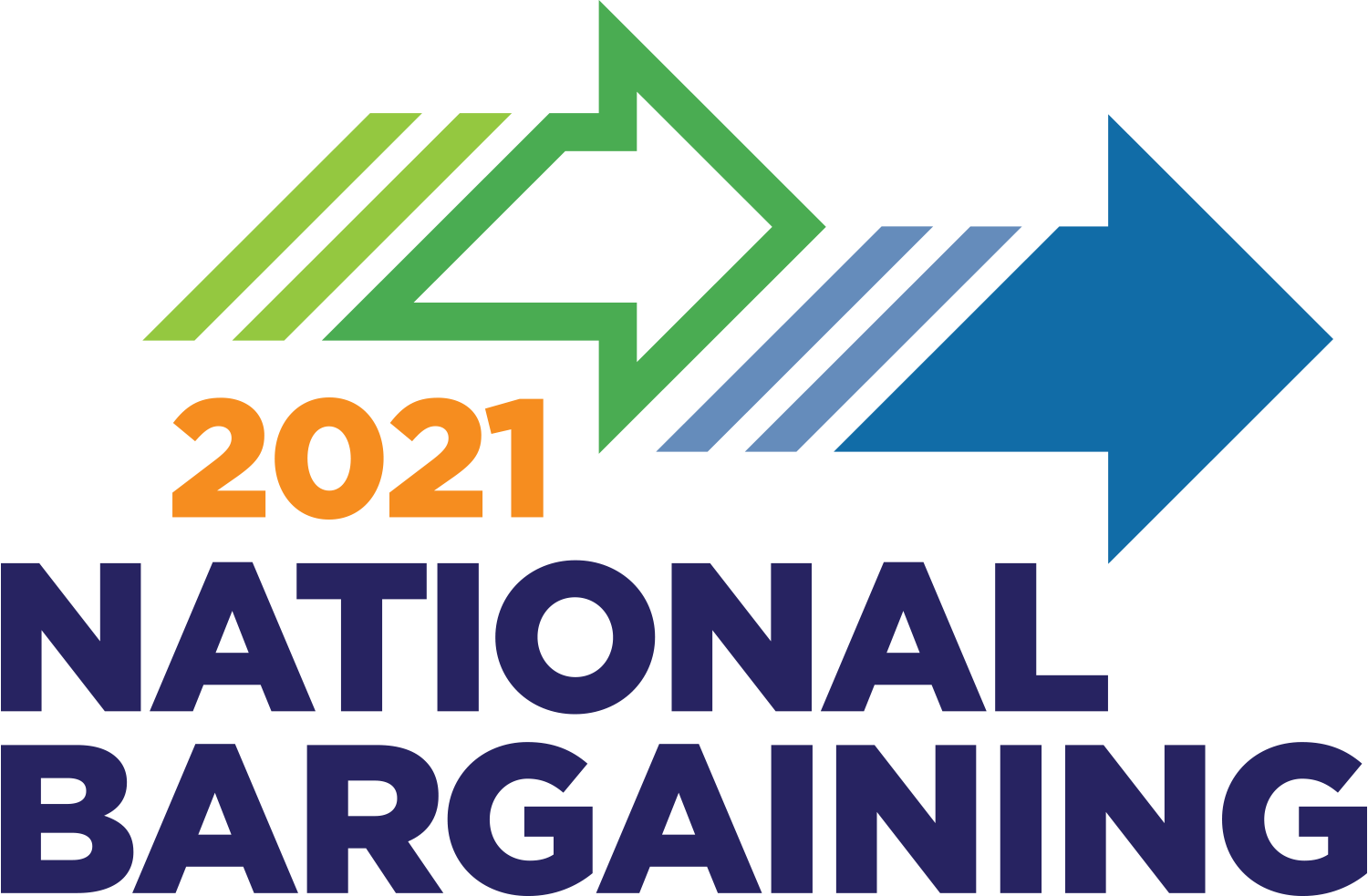Hank Fall 2016
See the whole issueMeet Your National Agreement: New Standards for All

Facility and regional ratings, as well as more rigorous team assessments, are part of the 2015 National Agreement.
Teams, facilities and regions all play a role in improvement
Last year, the outpatient procedure unit-based team at Capitol Hill Medical Center rewrote the instructions it sends to patients scheduled for a colonoscopy. A patient who found the earlier directions confusing played a leading role in the process.
The new instructions helped reduce by 20 percent the number of colonoscopies that needed to be repeated. Involving the patient was “a transformational experience for the team,” says Jennifer Walker, RN, lead UBT consultant and improvement advisor in the Mid-Atlantic States region.
It also showed the power of a new provision of the 2015 National Agreement.

The scorecard is a step forward. It brings more consistency and accountability to the partnership and lets regions and facilities document their achievements and identify gaps.
More rigorous team assessments
The agreement adds new requirements to the UBT Path to Performance. To be rated high performing, teams must now:
- Get direct input from the voice of the customer (in teams that work directly with Kaiser Permanente members and patients): For example, through patient rounding or co-designing a process or service, as the Capitol Hill team did.
- Spread or adopt a successful practice: Such as replicating an improvement project listed in UBT Tracker.
- Demonstrate a culture of health and safety: Includes having a team health and safety champion.
- Have face-to-face assessments: Team co-leads now must meet in person with their UBT consultant and union partnership representative, rather than assessing themselves.
Facility and regional ratings
In addition, the National Agreement now extends partnership assessments to higher levels of the organization. A scorecard, called Pathway to Partnership Performance, enables KP and union leaders to determine how well KP facilities, service areas and regions are working in partnership. The assessments include the following measures:
- Culture: Employee turnover rates and People Pulse scores on speaking up and workplace safety.
- Governance and structure: Level of LMP Council participation, diligence and results.
- Speed and agility/Change readiness: Level of labor engagement and speed of issue resolution.
- Continuous improvement infrastructure: UBT performance levels; integration with KP performance improvement efforts.
- Workforce planning and development: Effectiveness of training, career development and redeployment processes.
“The scorecard is a step forward,” says Joan Mah, a Northern California optometrist, senior UBT consultant and IFPTE Local 20 steward, who helped develop the scorecard. “It brings more consistency and accountability to the partnership and lets regions and facilities document their achievements and identify gaps.”
